Tagore and Politics:
Tagore was generally averse to political activities but never failed to react to serious political developments in the country. The major event, which involved him deeply in politics, was the Partition of Bengal. He composed patriotic songs to express his intense opposition to it. On the day of partition, he observed a day of mourning along with political leaders and introduced the Rakhibandhan ceremony as a symbol of protest against the partition. He also contributed to the establishment of the National Council of Education in 1906. Later he was associate with the Bengali Literature Department of the Council. However, soon he dissociated himself from the Anti-Partition Movement since he did not like the boycott of schools and foreign goods. He was of the view that the welfare of the country could be effectively attended to even without political independence. He advanced his own theory of the relationship between culture and polity in the light of his interpretation of history. According to him, Indian rulers in the past were not interested in the welfare of the subjects and hence did not interfere with culture. This is why Indian culture survived throughout the ages. In the West, the state had taken over welfare activities, thus interfering with and destroying culture. Tagore wanted that in India the government should not take up welfare activities which were the proper sphere of action of the society i.e. Samaj. So long as the Government did not interfere with culture, it was not necessary to oppose the government. In 1906, Tagore organized two public meetings in Calcutta to publicize his theory of Samaj. Prominent national leaders attended his meetings but he was isolated at the end.
After his dissociation with the National Movement in 1906, Tagore remained untouched by political events throughout his life except for his protest against the Jallianwala Bagh massacre in 1919 when he returned the Knighthood of the British Government. A clue to his isolation from the political movement in the country may be found in his remarks in a letter: ‘Swadeshi, Swarajism, ordinarily produced intense excitement in the minds of my countrymen because they carry in them some fervour of passion generated by the exclusiveness of their rage. It cannot be said that I am untouched by the heat and movement. But, somehow, by my temperament as a poet, I am incapable of accepting these objects as final. They claim from us a great deal more than is their due’.
However, Tagore had cordial relations with many national leaders who recognized his role in upholding Indian Culture. Bengali leaders Romesh Chandra Dutt and Bipin Chandra Pal were friendly with him. Tilak recognized his greatness and sent him money to undertake a tour of Europe to propagate India’s glory and cause. Gandhi held him in great esteem and treated him as his counsellor, always addressing him ‘Gurudev’. In 1932, when Gandhi wanted to undertake a fast unto death, he consulted Tagore who approved of his idea. Tagore had affectionate relations with Subhas Chandra Bose who hailed Tagore as the poet of humanity. At the instance of Netaji, Jana-Gana-Mana was adopted as the National Anthem.
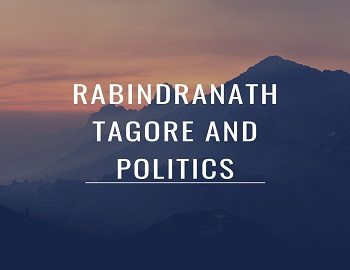
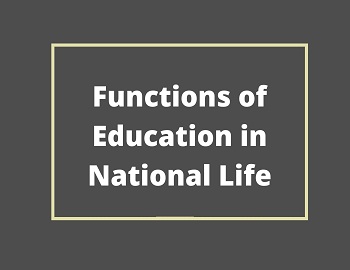
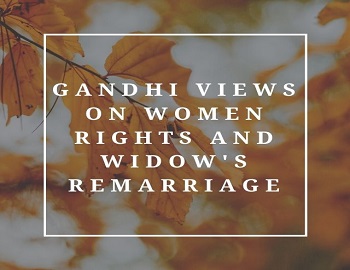
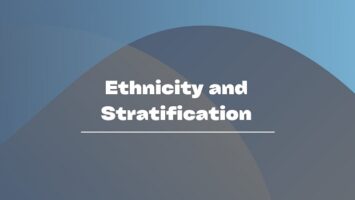


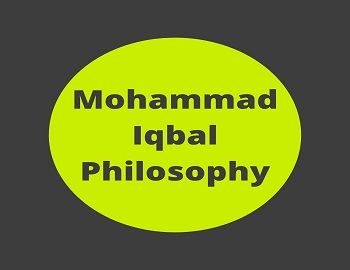


Comments (No)